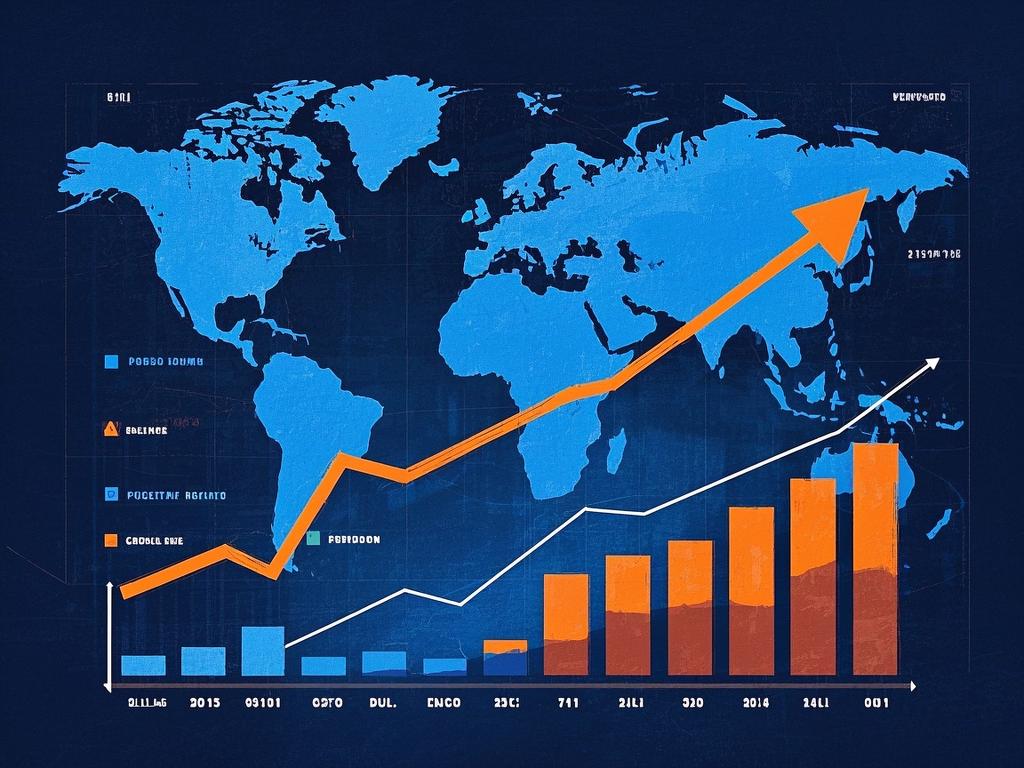
# The Impact of Politics on the Real Estate Industry: A Global Perspective
Hey there, fellow property enthusiasts! 👋 Today, we're diving deep into the fascinating world of how politics can shake up the real estate industry on a global scale. Buckle up, because it's going to be one wild ride! 🎢
## The Historical Tapestry of Politics and Real Estate
Throughout history, politics has been intertwined with the real estate market. Take ancient Rome, for example. The emperors' policies regarding land ownership and urban development had a profound impact on property values. Julius Caesar's land reforms not only redistributed wealth but also influenced the growth of cities. Fast forward to the Middle Ages, and feudal lords controlled vast tracts of land, dictating who could build and where. This led to the emergence of distinct property hierarchies.
In more recent times, the Industrial Revolution brought about a surge in urbanization. Governments had to step in to regulate land use and housing construction. In the 19th century, the British government's Public Health Acts were a direct response to the overcrowded and unsanitary living conditions in industrial cities. These acts led to the development of better-planned housing and infrastructure, which in turn affected the real estate landscape.
## Political Policies and Their Real Estate Ramifications
### Zoning Laws Zoning laws are a prime example of how politics shapes the real estate market. These laws divide cities into different zones, such as residential, commercial, and industrial. They determine what types of buildings can be constructed in each zone and set limits on things like building height and density. For instance, in some trendy neighborhoods, strict zoning laws might restrict the construction of large apartment buildings, keeping property values high for existing homeowners. On the flip side, in areas where zoning laws are more relaxed, developers might be able to build more units, potentially increasing the supply and affecting prices.
### Tax Policies Tax policies can have a huge impact on real estate investment. Property taxes, for example, are a significant source of revenue for local governments. Higher property taxes can make it more expensive to own a home, which might deter some potential buyers. On the other hand, tax incentives for real estate developers can stimulate construction. In some regions, governments offer tax breaks to developers who build affordable housing. This not only helps meet the housing needs of the community but also has a ripple effect on the overall real estate market.
### Immigration Policies Immigration policies play a role in the real estate market as well. When a country opens its doors to more immigrants, there is an increased demand for housing. This can drive up prices in areas where immigrants tend to settle. For example, in cities like New York and London, the influx of immigrants has contributed to a competitive housing market. On the contrary, restrictive immigration policies can slow down the growth of the real estate market in certain regions.
## Global Case Studies: Politics and Real Estate in Action
### China In China, the government's urbanization drive has been a major force in the real estate industry. The massive migration of people from rural to urban areas has led to a boom in housing construction. The government has implemented policies to control the growth of the real estate market, such as限购 (purchase restrictions) to cool down overheated markets. These policies have aimed to prevent housing bubbles and ensure the stability of the real estate sector, which is crucial for the country's economic growth.
### The United States In the US, political debates over healthcare and social welfare also have implications for real estate. For example, the Affordable Care Act (ACA) has an indirect impact on housing. By providing healthcare coverage to more people, it reduces the financial burden on families, making them more likely to afford a home. Additionally, political decisions regarding infrastructure spending can affect the desirability of certain neighborhoods. Investments in better roads, schools, and public transportation can increase property values in those areas.
## The Future of Politics and Real Estate As we look to the future, the relationship between politics and real estate is only going to become more complex. With the rise of climate change, governments will likely introduce more regulations related to sustainable building practices. This will require real estate developers to invest in green technologies, which could impact construction costs and property values.
Also, as the global population continues to grow and urbanize, the demand for housing will remain high. Politicians will face the challenge of balancing the need for affordable housing with the interests of the real estate industry. It's a delicate tightrope walk, and one that will have far-reaching consequences for homeowners, renters, and investors alike.
In conclusion, politics is an ever-present force in the real estate industry. From historical land reforms to modern-day zoning laws, tax policies, and immigration regulations, political decisions shape the way we buy, sell, and live in properties around the world. So, the next time you're thinking about buying a house or investing in real estate, don't forget to consider the political landscape. It could make all the difference! 💰🏠
What do you think? Have you experienced the impact of politics on your real estate decisions? Share your thoughts in the comments below! 👇
#RealEstate #Politics #GlobalImpact

